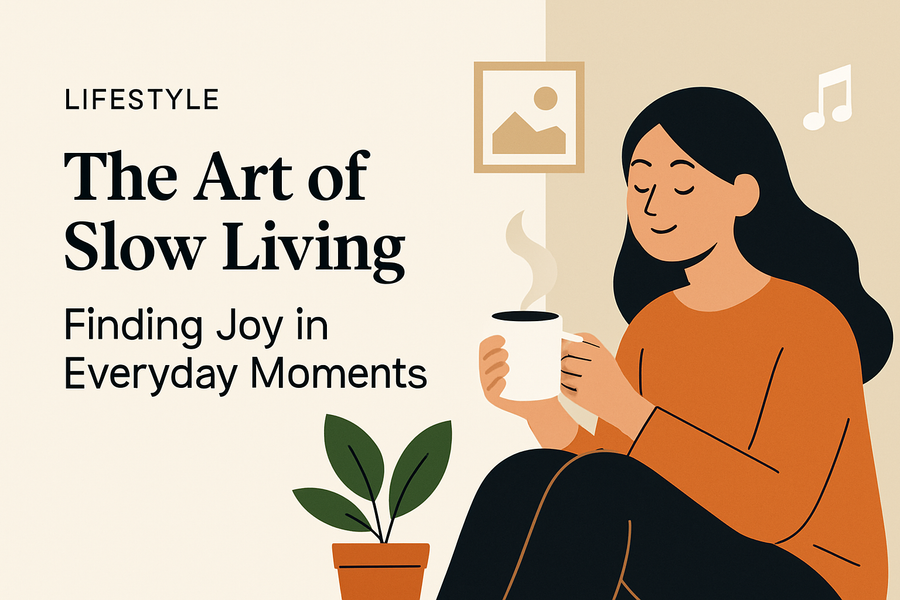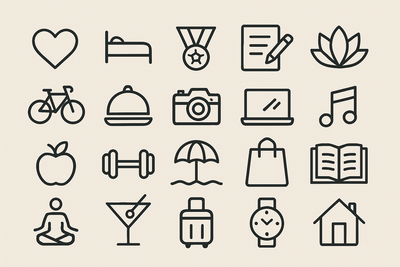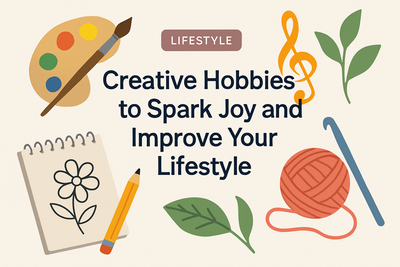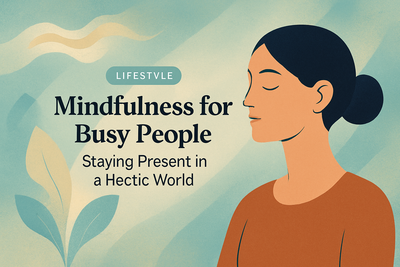The Art of Slow Living: Finding Joy in Everyday Moments
Introduction
In a world that praises hustle culture and glorifies being busy, the concept of slow living offers a refreshing alternative. It's not about doing everything at a snail’s pace, but rather about being intentional with your time, savoring simple pleasures, and reconnecting with what truly matters. The art of slow living is about quality over quantity, mindfulness over multitasking, and joy over exhaustion.

What Is Slow Living?
Slow living is a lifestyle choice that encourages a more balanced, meaningful, and conscious approach to everyday life. It focuses on:
- Mindfulness: Being present and fully engaged in the current moment.
- Intentionality: Making deliberate choices that align with your values.
- Connection: Prioritizing relationships and community over material possessions or status.
This lifestyle is about stepping back from the rat race to appreciate the richness of ordinary experiences — a cup of tea, a walk in nature, or an unhurried conversation with a friend.
Benefits of Embracing Slow Living
Reduced Stress and Anxiety
When you slow down, you give your mind the space it needs to rest and recharge. This can lead to significant improvements in mental health, reducing feelings of overwhelm and burnout.
Improved Relationships
By being more present, you can cultivate deeper and more meaningful connections with those around you. Conversations become richer, and moments more cherished.
Greater Appreciation for Life
Slow living encourages gratitude and awareness. You start noticing the beauty in the mundane — the smell of fresh bread, the sound of birdsong, or the warmth of sunlight on your skin.
Enhanced Creativity and Productivity
Slowing down doesn't mean being unproductive. In fact, giving yourself time to think and reflect often results in clearer ideas and better outcomes.
How to Practice Slow Living
1. Start Your Day Intentionally
Instead of rushing into emails or social media, begin your morning with a routine that grounds you — journaling, stretching, or simply enjoying your coffee in silence.
2. Limit Distractions
Turn off notifications, take regular digital detoxes, and create tech-free zones in your home. This helps you focus on the task at hand and be more present.
3. Prioritize Quality Over Quantity
Whether it's your wardrobe, friendships, or daily activities, choose fewer but more meaningful options. Simplify where possible.
4. Spend Time in Nature
Nature naturally invites slowness. Go for a walk, sit by a tree, or watch the sunset. These small acts help ground you and reduce stress.
5. Cook and Eat Mindfully
Preparing meals from scratch and sitting down to enjoy them without distractions is a core part of slow living. It turns a basic necessity into a joyful ritual.
Conclusion
The art of slow living isn't about abandoning ambition or goals. It's about redefining success and happiness on your own terms. By slowing down, we make room for joy, creativity, and connection — the very things that enrich our lives most deeply. So take a breath, look around, and savor the now. Because sometimes, the smallest moments are the most significant.
Embrace the slow. Find the joy. Live intentionally.








